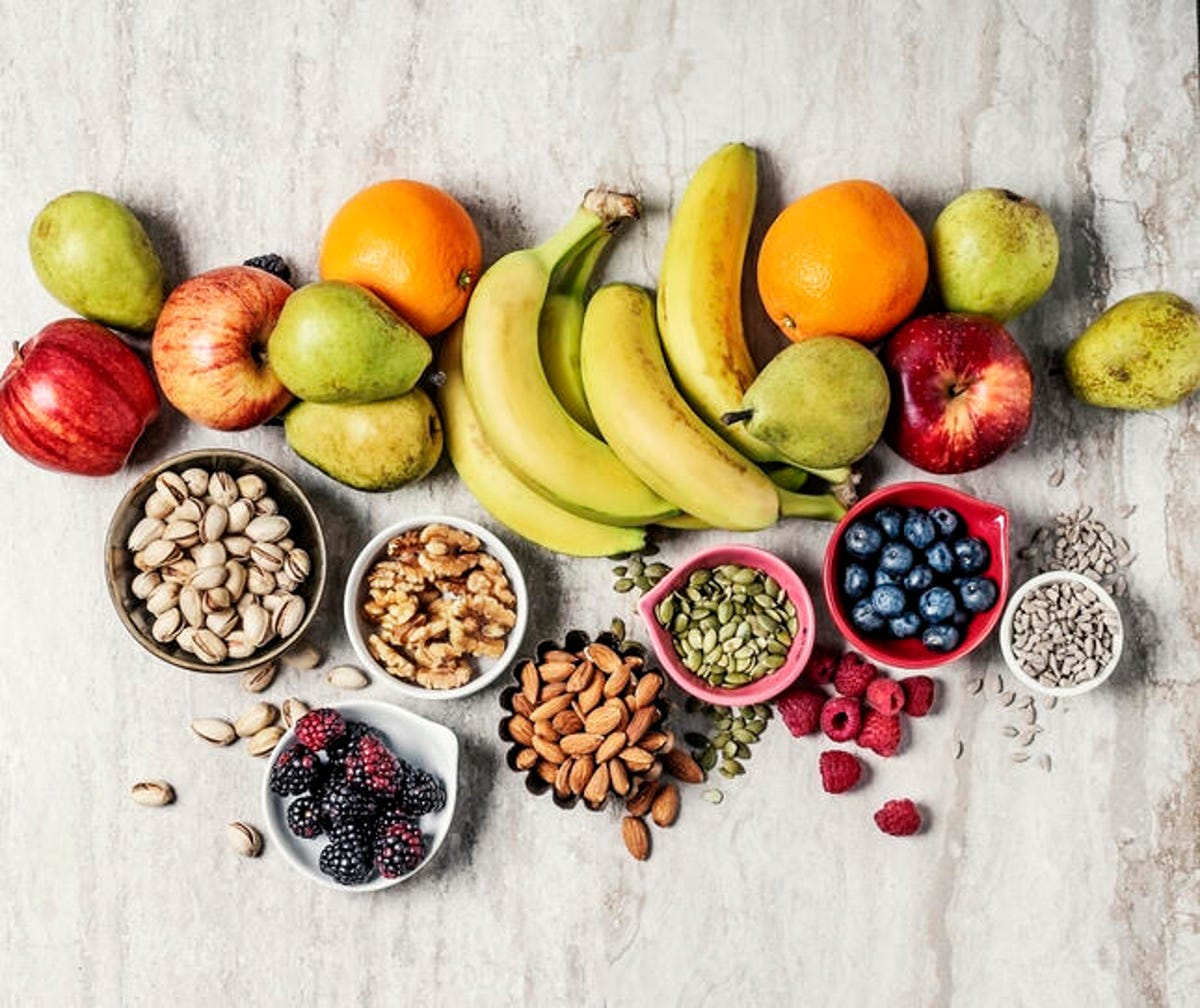If you’ve been looking to rejuvenate your skin, you’ve likely already seen many collagen products promising better skin and nails as one way to achieve it.
Luckily for your wallet, though, it’s actually better to get collagen from the foods you eat rather than popping a pill. Below, we’ll help you understand what collagen actually is and the role it plays in your body, so you can make the best nutrition decisions for you.
What is collagen and what does it do?
Collagen is the most abundant protein in the body and, therefore, important in maintaining your body’s functions. Registered dietitian and nutritionist Tony Castillo explains that the best way to think about collagen is “as a glue to hold things together.” It’s the major building block of tendons, ligaments, bones, muscles and skin. It also helps your body rebuild itself after injuries, especially at sites like tendons, ligaments and muscles. Take a moment right now to thank collagen for literally keeping your body together.
Your body creates its own collagen by combining amino acids. The process also uses vitamin C, zinc and copper, so you can promote natural collagen production by eating a well-balanced diet (more on that later).
Read more: 10 Daily Habits to Improve Your Eye Health
Do I have enough collagen?
As we get older, our bodies start to naturally produce less collagen. While wrinkles and aches are a part of the aging process, you may be wondering if low collagen is to blame for your ailments.
Castillo says that the following are signs that you may be low on the vital protein:
- Less flexible tendons and ligaments
- Wrinkles on skin
- Weak muscles
- Worn-out cartilage or joint pain
- Gastrointestinal issues caused by thinning of the lining of the digestive tract
Of course, if any physical symptoms are significantly interfering with your quality of life, you’ll want to check in with your doctor. But if you’d just like smoother skin and a little more pep in your step, it could be worth looking into how you can increase your collagen levels.
Do I really need collagen supplements and skin treatments?

A balanced diet will help promote natural collagen production.
If the world of supplements and freaky skin treatments doesn’t appeal to you, you can definitely take a more natural approach to increasing your collagen.
The most effective way is through a well-balanced diet. When your body produces collagen, it uses amino acids, vitamin C, zinc and copper. To get the necessary amino acids (Castillo specifically names proline and glycine) you can eat eggs, bone broth, beans and meat. For vitamin C, go for citrus fruits, berries and bell peppers. Eat meat, shellfish, nuts, whole grains and beans for zinc and copper.
If you had to choose just one food to increase your levels of collagen, it’d have to be bone broth. When you simmer beef, chicken or fish bones in water, the collagen and other minerals seep into the water, delivering a delicious and nutrient-dense liquid. Just be sure to plan ahead — making your own bone broth can take a day or two.


